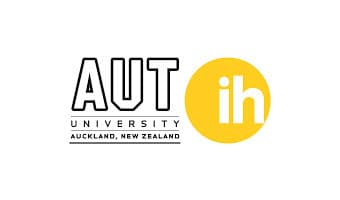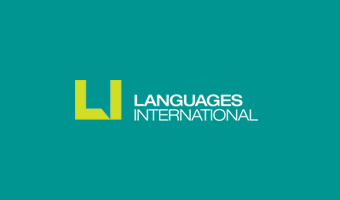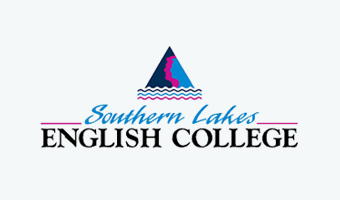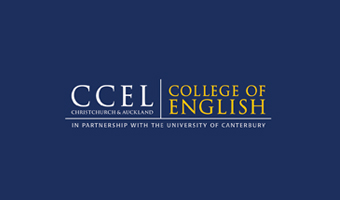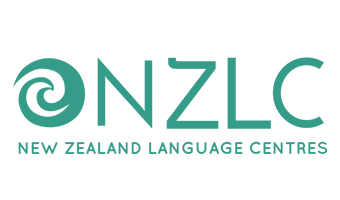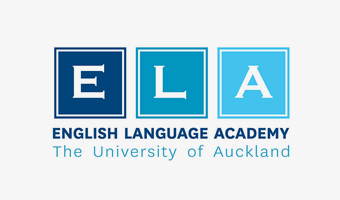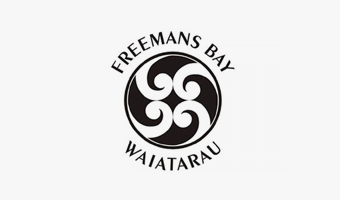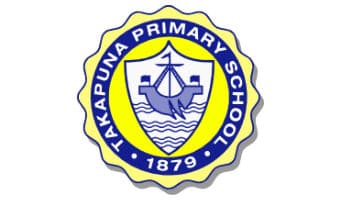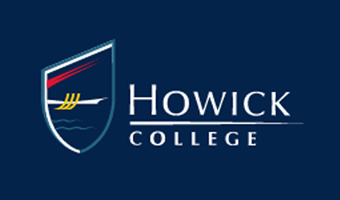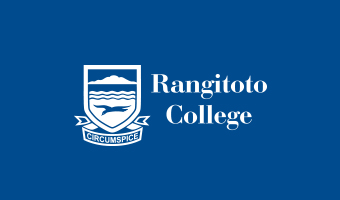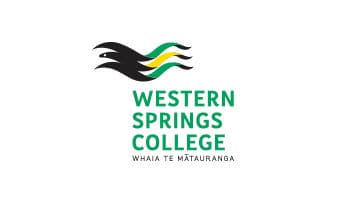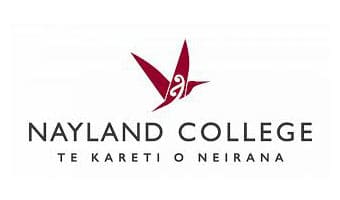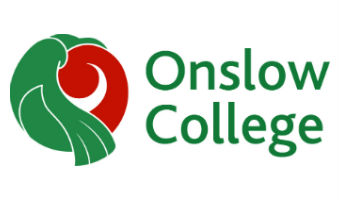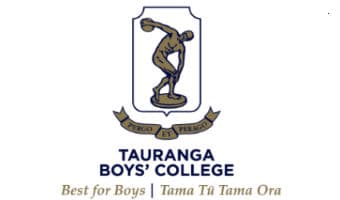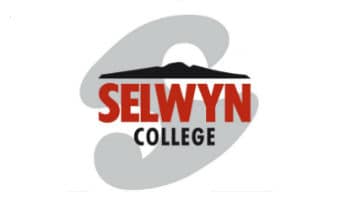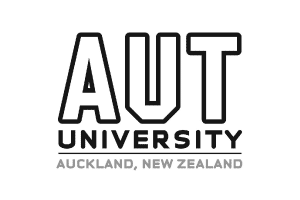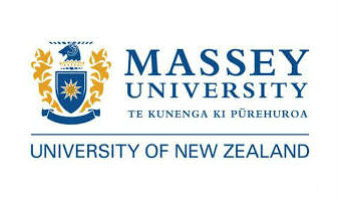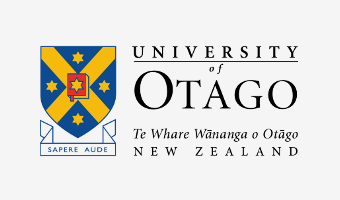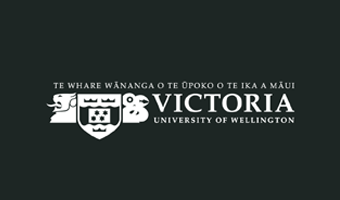We will help you choose the best study option for you according to your budget, needs and aspirations and will take care of all aspects related to your enrolment with a New Zealand education institution.
Vida Feliz is a recognised Education New Zealand Agency which means that we are always up to date with the latest policies regarding international students and that you can trust us to deliver the best education advice and services.
English
From General English courses, through Academic English courses, IELTS Preparation to Business English courses, New Zealand has many options for your level and purpose. Courses are an average of 20 hours per week, Monday through Friday, 9 am to 3 pm. Check out some of the main English schools that are partners of Vida Feliz.
Primary School
Between Year 1 and Year 6 (students ages 5-10), students study from 9:00 am to 3:00 pm. During these years, all students in the same grade share the classroom and have a main teacher. International students receive ESOL classes during the normal class period (English language reinforcement). The same is true for Intermediate School students, from Year 7 to Year 8 (11-12 years old). In addition to regular classes, in New Zealand it is common for students to participate in a wide range of extra curricular activities such as sports or numerous types of arts activities. In most schools, wearing a uniform is mandatory.
High School
Secondary school, also known as College, receives students from 13 to 18 years old (Years 9 to 13, 13 to 17 years old) and has the same school calendar as Brazil.
You can choose to start studying in late January, April, July or September for a minimum stay of 3 months. High school hours are generally 8:30 am to 3:30 pm, Monday through Friday. A class lasts around 50 minutes and students have around 5 or 6 classes per day, with different teachers, in different classrooms.
In addition to regular classes, it is common for students to participate in a wide variety of extra-curricular activities such as sports or numerous types of artistic activities. In most schools, wearing a uniform is mandatory.
New Zealand's national secondary qualification, NCEA (National Certificate of Educational Achievement), is recognized by tertiary institutions in New Zealand and around the world. There are 3 levels of NCEA and in general students study levels 1 to 3 in the last 3 years of school – Years 11, 12 and 13 equivalent to the 1st, 2nd and 3rd years of high school, respectively. Most students take 6 subjects per year. Students considered high-achieving students at each level are recognized with endorsements of “Merit” and “Excellence”.
Check out some of the main schools in New Zealand that are partners of Vida Feliz:
University Courses
Undergraduate, Graduate, Masters, Doctoral and PHD: With numerous institutions offering from vocational certificates to postdoctoral fellows, New Zealand's academic qualifications are recognized by all of the world's leading universities.
Undergraduate, Technology or Professional Specialization courses (Level 7) have an average duration of 3 years. Classes are full-time during the day. While studying, the student can work up to 20 hours per week, according to their Student Visa. Postgraduate and Masters courses (Level 8 and 9) or above are the best way for families to combine Education and Immigration.
In addition to being able to work 20 hours a week during the course, students enrolled at these levels are entitled to apply for a Partner Visa (as an open work visa) for their spouse, which will consequently give their children (if they have them) the right to study in public schools and colleges as domestic students.
For Doctoral students, in addition to the same rights that Level 8 and 9 students have, the student will still have the advantage of paying home student prices. Check out some of the top universities in New Zealand that are partners with Vida Feliz:
The academic year in New Zealand:
“Term one” – from early January to mid-April;
“Term two” (second quarter) – from May to early July;
“Term three” (third quarter) – from the end of July to the end of September;
“Term four” (fourth quarter) – mid-October to mid-December.

